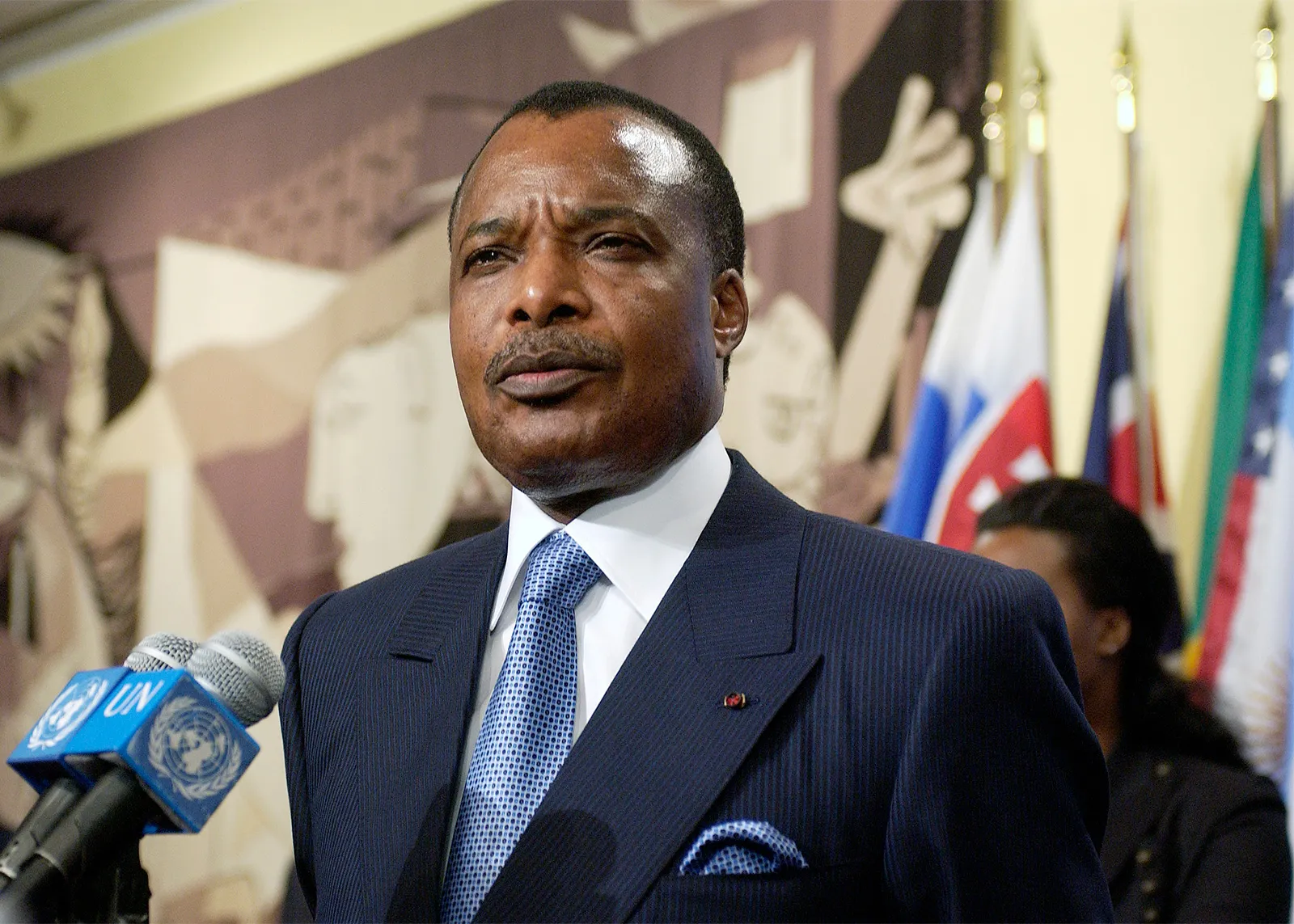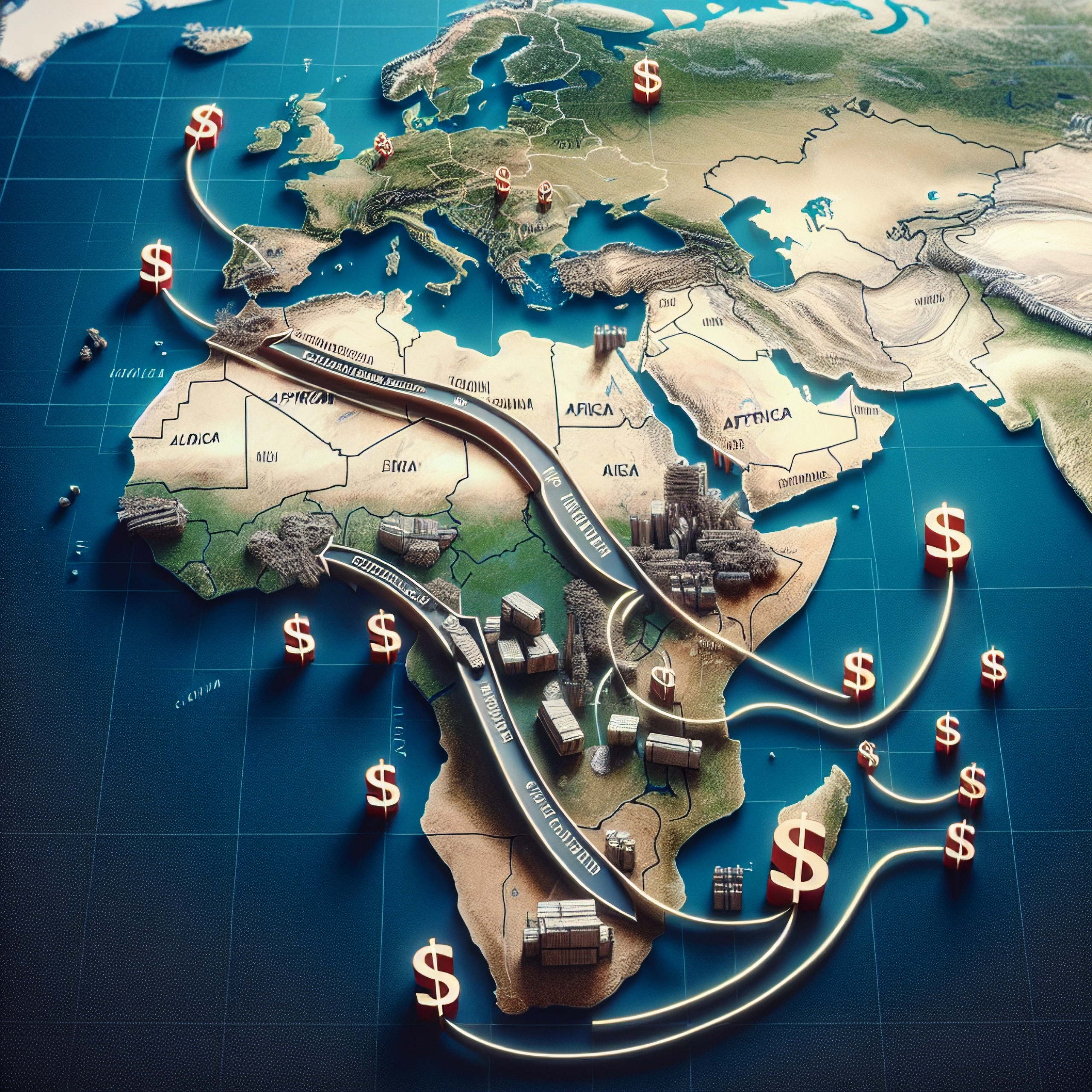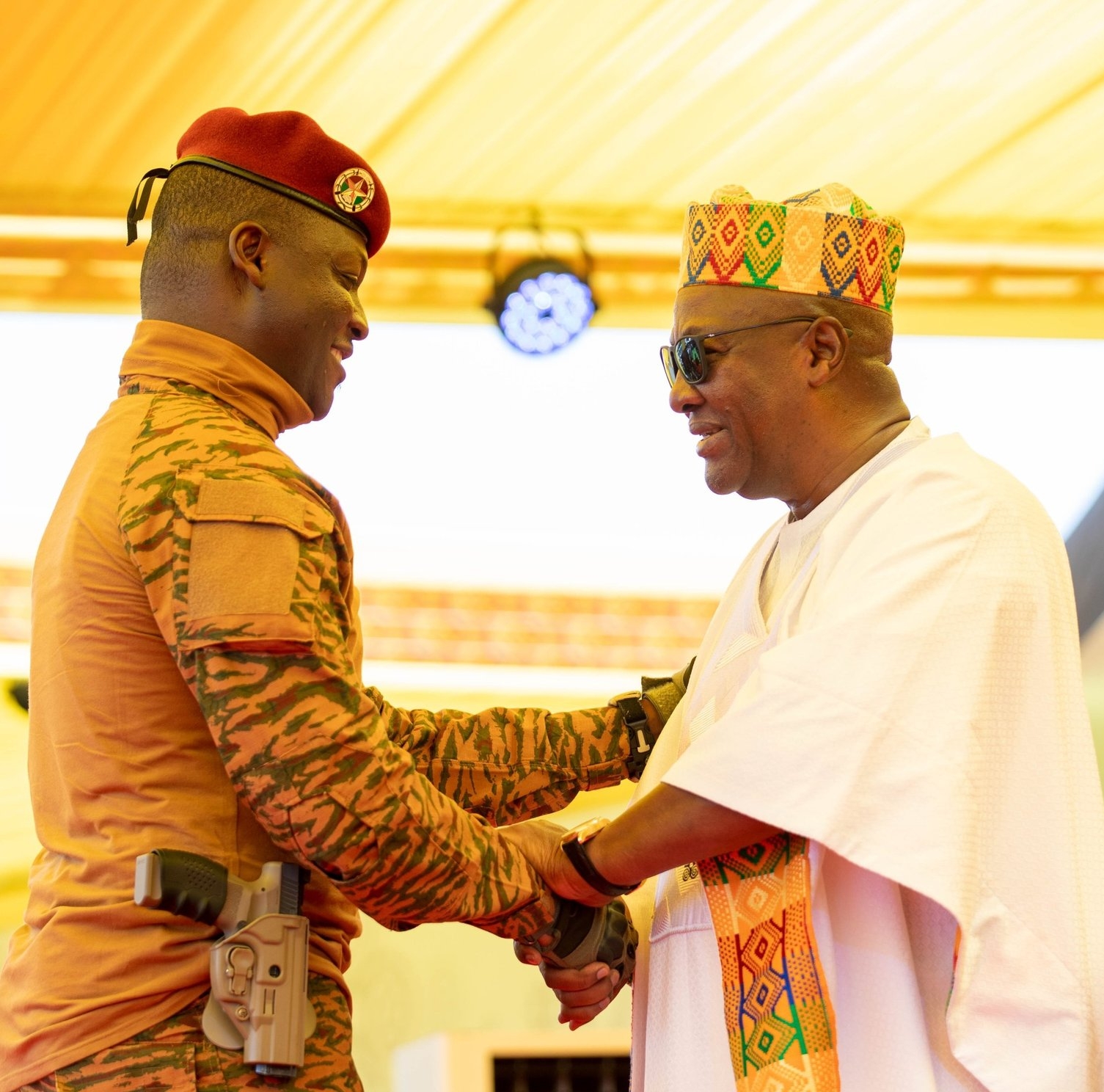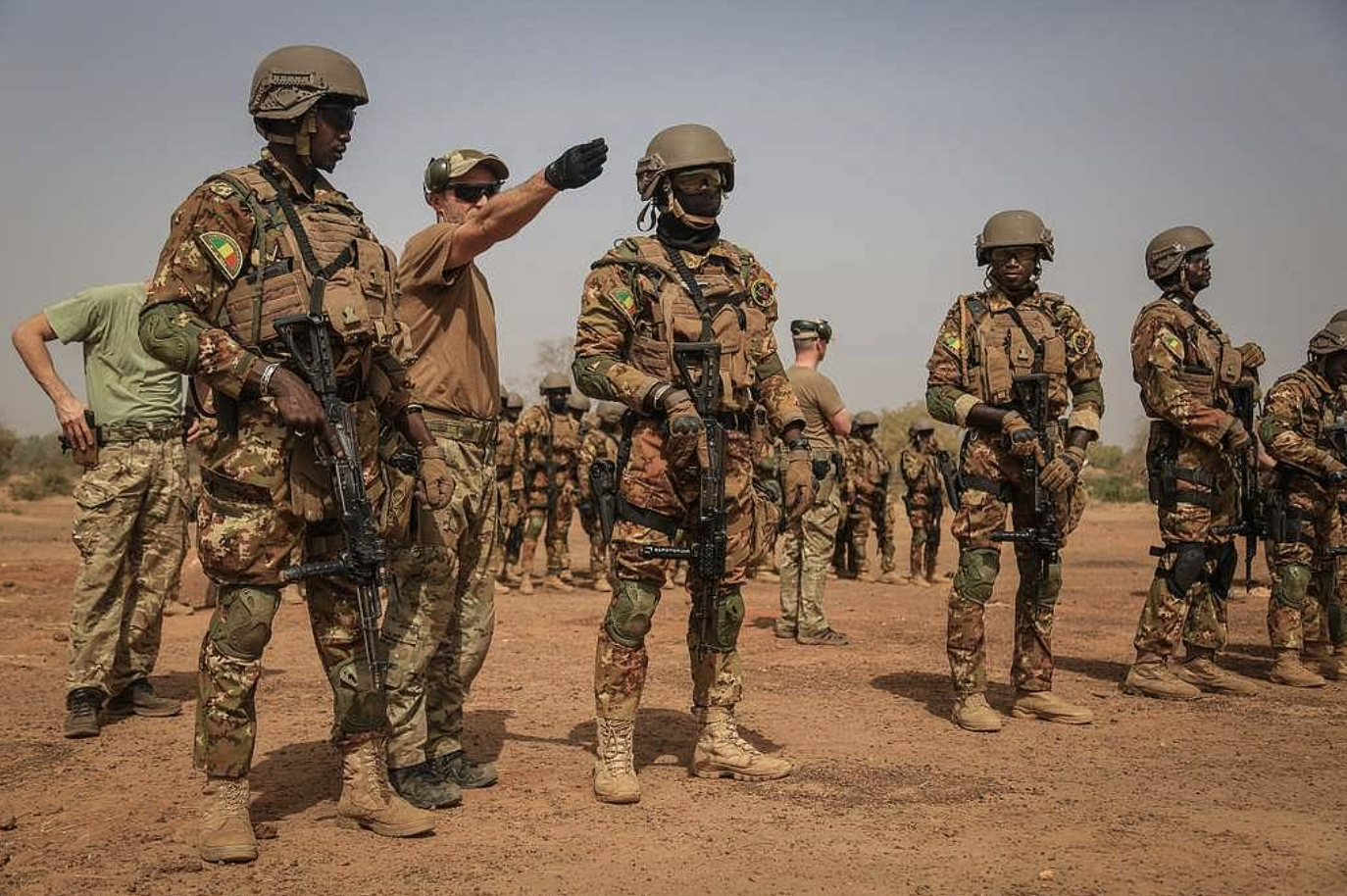African leaders seek to broker peace between Russia and Ukraine

In an unexpected but welcome role reversal, six African heads of state are set to travel to Kyiv, Ukraine, and Moscow, Russia, to facilitate peace talks between the warring Eurasian nations. The six presidents in question are Hakainde Hichilema of Zambia, Macky Sall of Senegal, Denis Sassou Nguesso of the Republic of the Congo, Yoweri Museveni of Uganda, Abdel Fattah El-Sisi of Egypt and Cyril Ramaphosa of South Africa. It was President Ramaphosa who publicly announced the idea on 16 May 2023, indicating South Africa’s leading role in the initiative. While a date has yet to be set for the mission, the talks are likely to take place in June.
Four of those six nations – South Africa, Senegal, Republic of the Congo and Uganda – abstained from voting on the UN Resolution ES-11/1 in early March 2022. This resolution reaffirmed Ukraine’s sovereignty and demanded the immediate, complete and unconditional withdrawal of all Russia’s military forces from Ukraine’s territory. Egypt and Zambia, meanwhile, voted in favour of the motion. Interestingly, Senegal has vacillated between abstaining and voting in favour of subsequent resolutions on the conflict, indicating a rough balance between the camps.
Peace potential?
The mission has received support from UN Secretary-General António Guterres, and China, which has thrown its weight behind the peace talks, viewing them as parallel to its own mediation efforts. The mission is being organised by French negotiator Jean-Yves Ollivier. Ollivier has strong continental ties and conflict-resolution credentials. These include brokering a major prisoner exchange in 1987, which entailed the release of 183 soldiers from Angola and Namibia in exchange for a South African special forces captain and the release of two European anti-apartheid activists. The following year, Ollivier organised negotiations in Brazzaville, Republic of Congo, – mediated by President Sassou Nguesso – which brought an end to South Africa’s involvement in Angola and Namibia.
However, with no common ground between Russia and Ukraine on the conditions for a ceasefire, progress towards this goal remains extremely unlikely. Kyiv has ruled out any talks with Moscow until Russian troops withdraw from all occupied territories, while Moscow is demanding the acknowledgement of its annexation of the Crimean Peninsula and four Ukrainian provinces. Ollivier has acknowledged these realities, noting that even putting the idea of peace talks on the agenda is a start.
Reputational repair
President Ramaphosa’s announcement of the peace talks came on the heels of a diplomatic flurry to smooth relations with the US. Earlier in May, America accused South Africa of supplying Russia with weapons when Russian ship Lady R docked at a Cape Town naval base in December 2022. The allegation was the cherry on top of a series of actions suggesting South Africa’s non-aligned stance on the conflict was mere rhetoric, following the country’s participation in war games, closed door meetings and military visits to Russia.
Ramaphosa presented the idea of peace talks during phone calls to Presidents Zelenskyy and Putin respectively, on the weekend following the US allegations. While Western powers may look upon South Africa’s role with a healthy amount of scepticism, Ramaphosa’s spearheading of initiative may go some way to restoring South Africa’s diplomatic reputation – at least if the discussions bear fruit.
Fertile minds
Peace talks will also serve as a tactic to get two pressing issues on the agenda: Russian fertiliser and Ukrainian grain. Both commodities are essential to Africa’s food security, with Russia and Ukrainian acting as major suppliers to the continent.
While Russian fertiliser is not sanctioned per se, the Russian-flagged cargo ships carrying them are subject to restrictions. In addition, Russia’s exclusion from the SWIFT global financial transaction system complicates African nations’ ability to pay for this critically-needed resource, even if it is able to reach them. Workarounds to these issues are likely to be on the negotiating table.
The hand that feeds
With African countries having experienced the brunt of soaring commodity prices following the outbreak of the conflict, the mission will be keen to prioritise progress on the food and fertiliser issue, which is far more likely to yield success than any kind of peace resolution.
Cognisant of this fact, both Russian and Ukraine have been using food and fertiliser to court influence on the African continent, with promises and goodwill gestures to garner support amongst food-stressed nations. Understandably, pragmatic African countries are more concerned about feeding their people than the origins of a given commodity.
Meanwhile, acceptance of this peace mission by both Ukraine and Russia signals the ever-growing, and ongoing, importance of Africa on the global stage. No longer positioned as the world’s problem child, Africa is being recognised as a key player in facilitating solutions to geopolitical crises.
About the Author
Hannah Atkins is a Consultant at Africa Practice. She works with development clients across Southern Africa, conducting research, providing analysis and insights, and supporting stakeholder engagements. She can be contacted at [email protected].
Proud to be BCorp. We are part of the global movement for an inclusive, equitable, and regenerative economic system. Learn more


